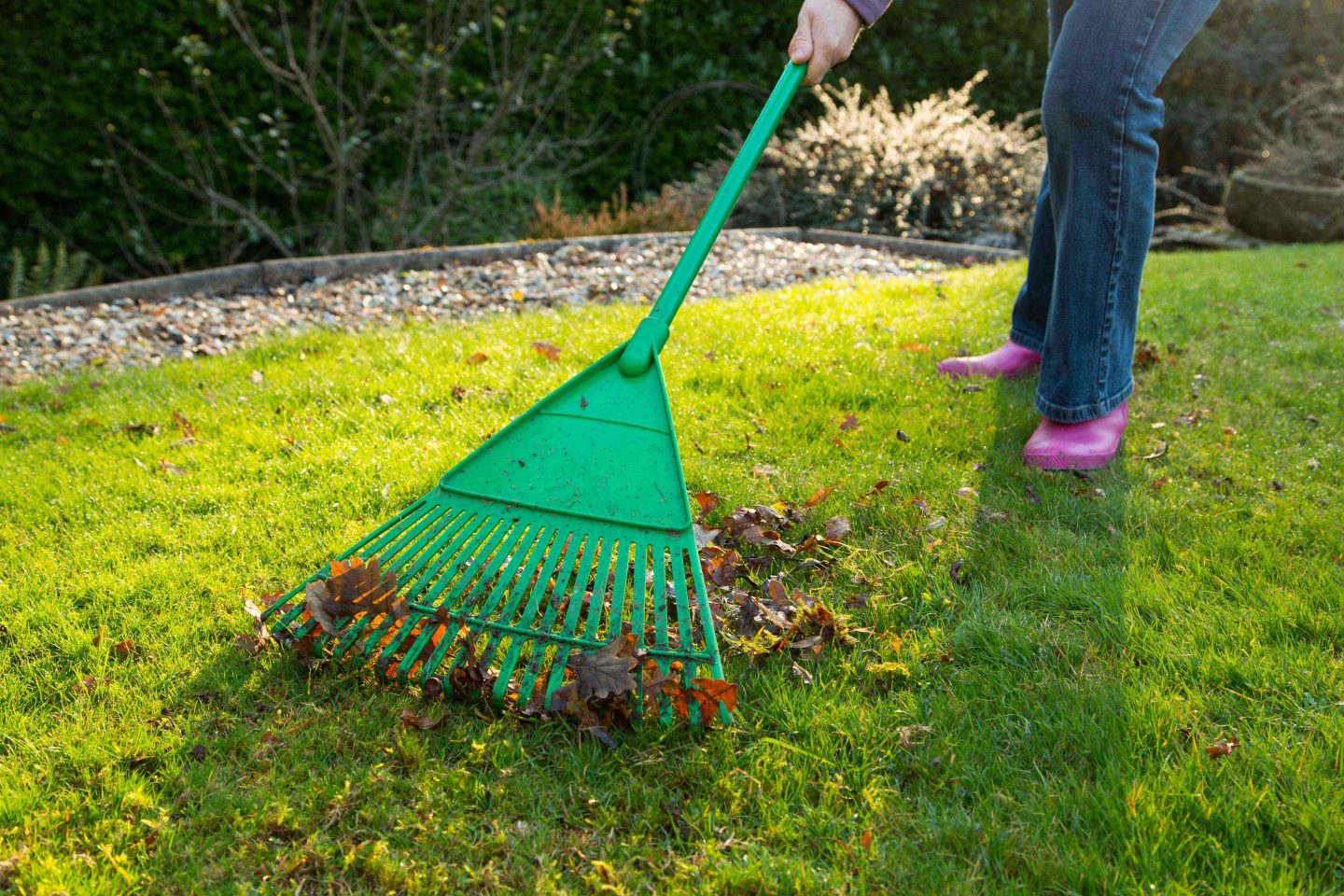

Often, when we think about gardening, we associate it with exercise and physical labour. Raking leaves, weeding and cutting back ivy all require a good amount of gross motor skills and will most likely work up a sweat.
For many, this will be where the benefits of gardening lie. There is the sense of satisfaction in what can be achieved, plus a bit of a light workout. For others, the ability to work out frustration and perhaps anger while digging over a bed, will be what appeals.

It's worth remembering that gardens and green spaces can offer more than just active benefits. Allowing ourselves time to passively enjoy a space and the multitude of sensory experiences within it can be of huge benefit.
There is proof of this. In the research paper 'View through a Window...' by Roger Ulrich, a view of a natural setting was shown to support patients in hospital recovering after surgery. In the study, patients who had recently had gallstones removed were split into two equal groups. One group had rooms overlooking a green space and the other group had no view of nature. Those with the view of nature recovered from surgery faster with less need for painkillers and other interventions. This same experiment was also carried out using images of natural settings and having bird song play into the room. Each time, it produced positive results.
There is also Kaplin and Kaplin's 1980's book ‘The experience of nature: A psychological perspective.’ The book explored how spending 20-minutes in nature a day could help achieve improved cognitive function (e.g. attention, decision making, learning).
Being outside can create a sense of being away from things. It allows us to enter into other spaces, some hidden and enclosed, or some open to view other aspects of nature. Being outside can also provide fascination and wonderment. A passionflower or a ripe strawberry can draw attention through their unique features. Overgrown and wild areas filled with wildlife can make us notice and appreciate the wider world we live in.
Moving effortlessly from passive to active gardening

We can easily step up our level of engagement in the garden. These are some simple ways to shift from doing nothing to participating in the space around:
Throughout the year, we can still take time to just view our green spaces and harness the many benefits they can provide.